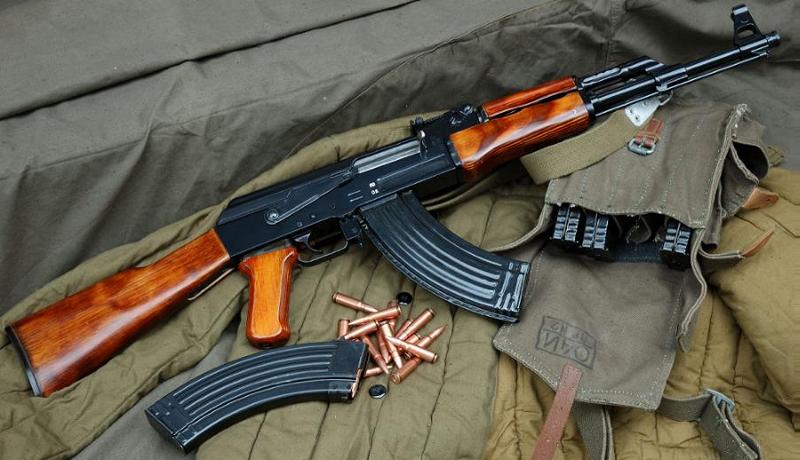The National Rifle Association said it is backing lawsuits in three states against a US program to track gun sales aimed at curbing the flow of arms to Mexico’s brutal drug cartels.
The powerful NRA gun rights group is funding lawsuits in the border states of Arizona, Texas and New Mexico, as well as the US capital Washington, to defend gun dealers from a new requirement to report multiple gun sales.
The program, announced last month and welcomed by Mexico, would require dealers in states along the Mexican border to report all sales of multiple semi-automatic rifles whose caliber exceeds .22.
More than 41,000 people have been killed in Mexican drug violence since the launch a massive military crackdown on the cartels in 2006, and Mexico has said 80 percent of the cartels’ firearms come from the United States.
But the NRA, established to defend the constitutional right to bear arms, said the measure being carried out by the Bureau of Alcohol, Tobacco and Firearms (ATF) would have little impact on crime.
“This scheme will unjustly burden law-abiding retailers in these four border states” of Arizona, California, New Mexico and Texas, top NRA lobbyist Chris Cox said in a statement.
“It will not affect drug cartels and it won’t prevent violence along our borders. It will only divert scarce law enforcement resources from legitimate criminal investigations and squander them on policing law-abiding retailers.”
President Barack Obama’s administration has defended the move to track firearms, and Attorney General Eric Holder vowed to “vigorously oppose” the NRA lawsuits.
“We think that the action we have taken is consistent with the law and that the measures that we are proposing are appropriate ones to stop the flow of guns from the United States into Mexico,” he said at a news conference.
The NRA tied the latest action to the embarrassing failure of the ATF’s “Fast and Furious” program.
That operation was intended to build cases against Mexican gang members by knowingly allowing them to purchase assault weapons in the United States, then tracing those weapons to crime scenes in Mexico.
But most of the weapons were never traced, while two of them showed up at the murder site of a US border patrol agent, which led to the program’s suspension.










